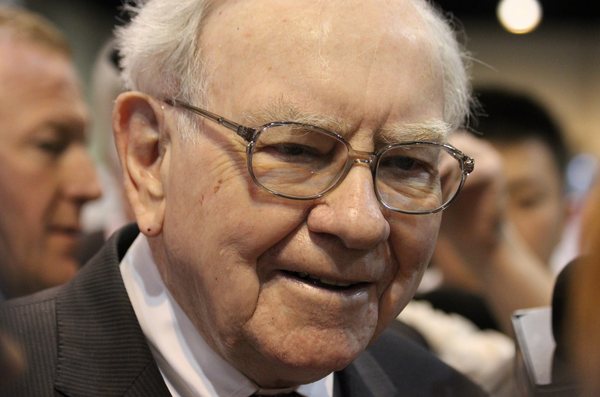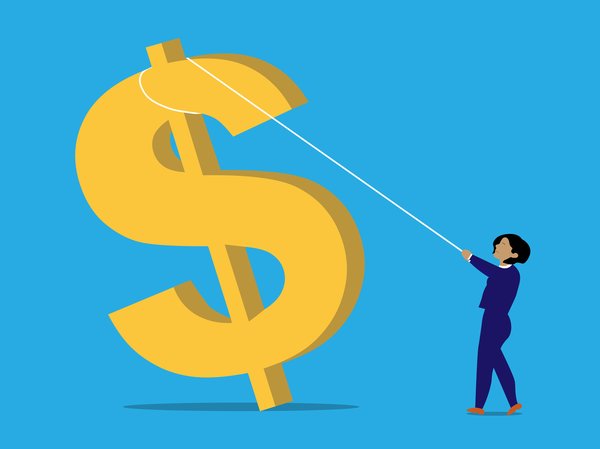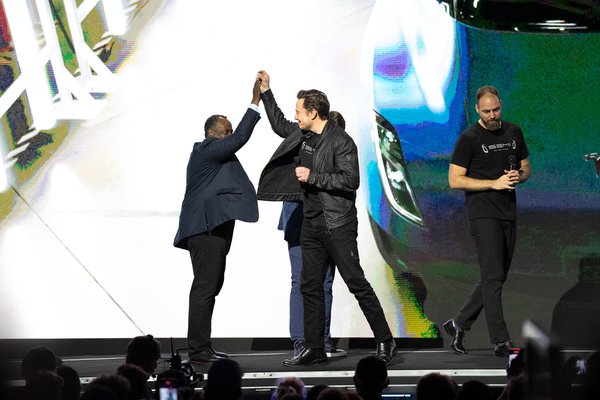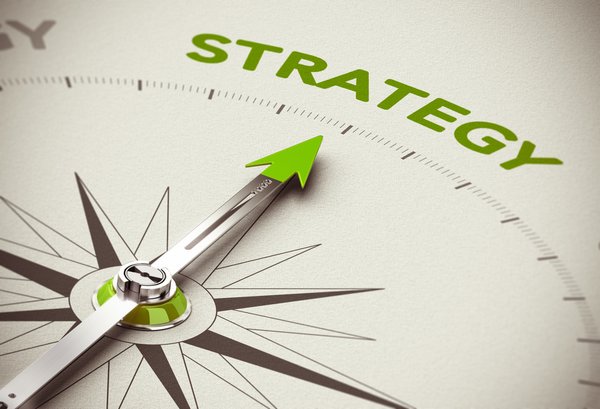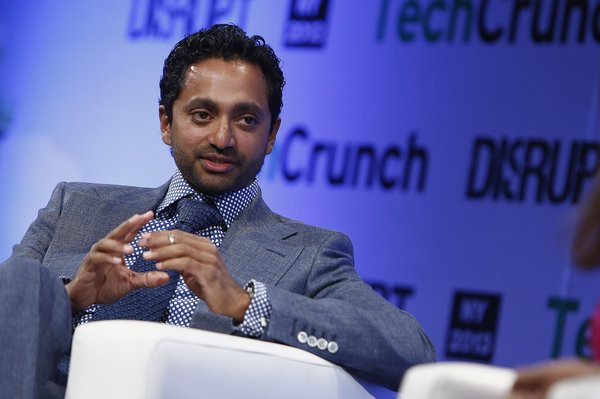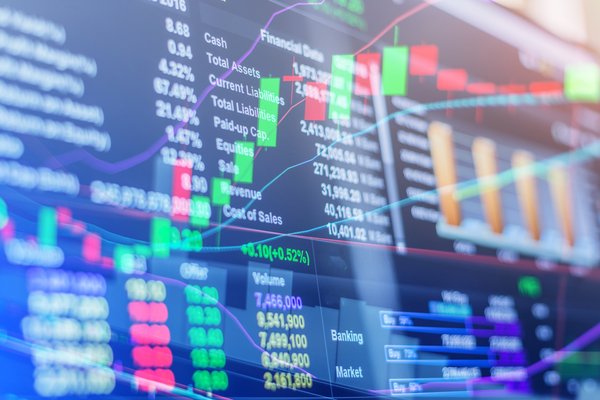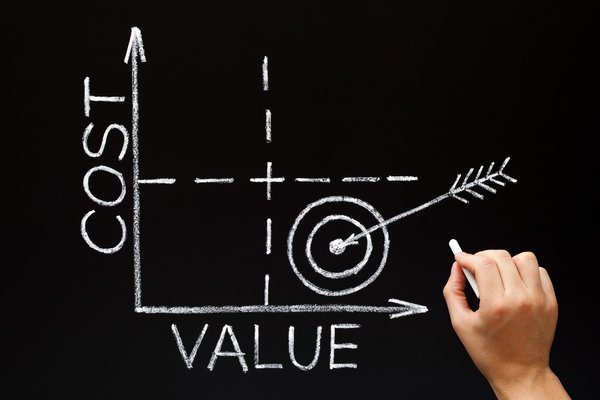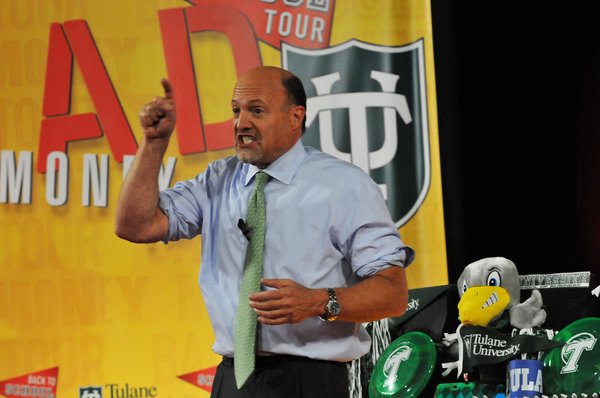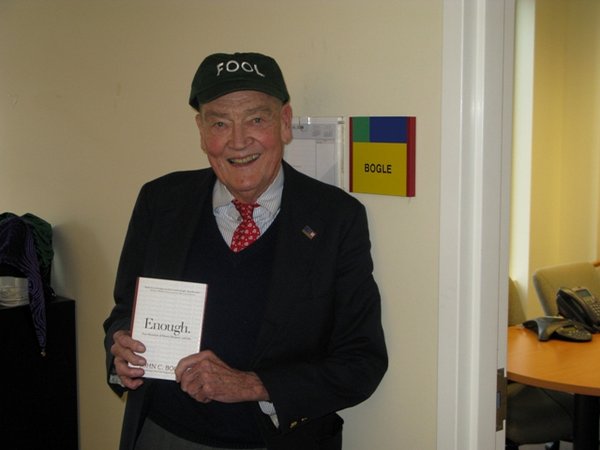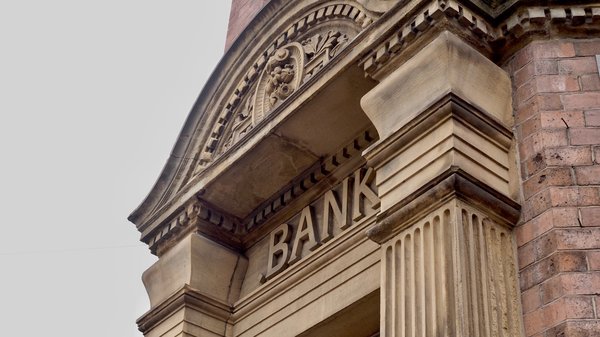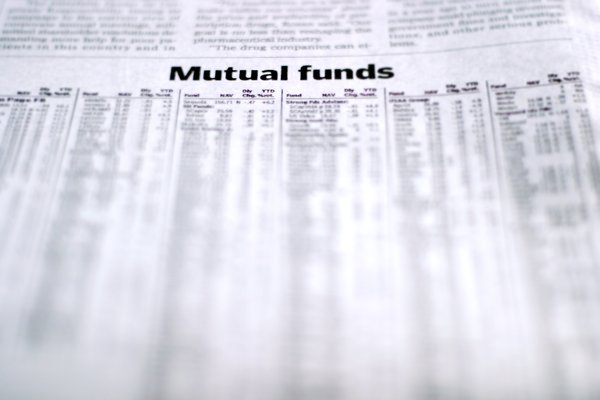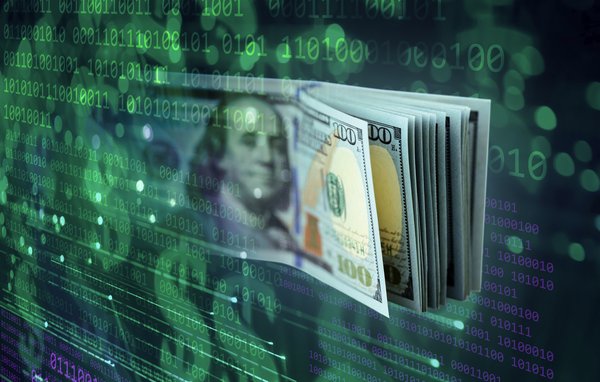Carl Icahn is a legend in the investing world. The man even reportedly inspired a movie character -- Gordon Gekko, from the 1987 film Wall Street. However, few everyday investors know much about Icahn's investments, how his "corporate raider" and activist investor strategy works, and what made him a billionaire.

Who is he?
Who is Carl Icahn?
Raised in Queens, New York, the 88-year-old financier Carl Icahn didn't grow up with wealthy parents. In addition, his education (formal and personal) didn't suggest that a glittering financial career lay ahead of him.
He earned a bachelor's degree in philosophy in 1957 before walking out on his studies at New York Medicine School after a couple of years. Icahn then did a short stint on active duty in the Army reserves that left him at a crossroads in late 1960.
Although Icahn did not have rich parents, he did have connected parents and a wealthy uncle, Elliot Schnall. Icahn also had a growing interest in finance due to interactions with a family friend who worked as a securities analyst. Schnall helped Icahn secure his first job in finance as a stockbroker.
A couple of companies later, with a few years of experience in options under his belt, Icahn asked Schnall to loan him money to buy a seat on the New York Stock Exchange in 1968. Schnall agreed, and Icahn's legendary career was set in motion.
After focusing on options for years (and making a fortune in the process), Icahn finally began the activity that would make him famous and feared in corporate America. In 1978 he launched his first hostile takeover attempt for a company he considered significantly undervalued and poorly run -- appliances company Tappan.
The longtime corporate raider, or activist investor, now resides in Florida with his wife, Gail Golden. He has two children from his ex-wife, Liba Trejbal. His son, Brett Icahn, works as a director and portfolio manager at Icahn Enterprises.
Carl Icahn's personal stats
- Age: 87.
- Source of wealth: Activist investing.
- Marital status: Married to Gail Golden.
- Residence: South Florida.
- Children: Brett Icahn and Michelle Icahn Nevin.
- Education: Princeton University, bachelor's degree in philosophy.
Investment approach
Carl Icahn's investment approach
Investors can get access to Carl Icahn's strategy via an investment in Icahn Enterprises LP (IEP -0.12%). But let's discuss Icahn's investment approach and some of his past and present stock holdings, as well as where he doesn't invest money.
Like fellow billionaire investor Warren Buffett, Icahn subscribes to a value investing strategy. Generally, Icahn is interested in investing in stocks whose prices don't fully reflect the businesses' full potential. Icahn has said he buys into a company when "no one wants it."
Notably, this strategy requires an investor to view buying a stock as an investment in a business. So before purchasing a stock, a subscriber to Icahn's strategy should be familiar with how the business operates. While the market and analysts are focused on quarterly and annual earnings and stock price projections, Icahn is interested in uncovering parts of a business that many often miss. This is a type of contrarian investing philosophy.
There is a notable difference between Icahn and Buffett, though. Although both are value investors at heart, Buffett tends to buy with the intention of holding a stock indefinitely. By contrast, Icahn is willing to sell his stocks to lock in profits once the market figures out a company's true value.
Of course, Icahn does have long-term holdings. But his strategy is less about building a diversified portfolio of stocks and more about making shorter-term bets on stocks that might be due for a quick increase in value.
In addition, Icahn is perfectly happy to buy a business even if its business is underperforming while it trades at a discount to its net asset value. His rationale is that either management isn't extracting full value from the assets or that the assets in the business can be simply sold off so someone else can extract full value from them. Either way, the value investor is a winner -- in theory, at least.
Another important distinction is that Icahn's activism is an integral part of the value case for the stock. In other words, Icahn and other investors take positions precisely because they all believe Icahn can unlock value at the company through his activism.
Perhaps his biggest claim to fame was his takeover of Trans World Airlines, better known as TWA, in the 1980s. The airline company had been struggling, and Icahn swooped in and took a controlling interest. By 1988, Icahn had worked out a deal to take TWA private. He then began selling off its most valuable routes to other airlines. By 1992, TWA filed for bankruptcy, emerging in 1993 saddled with debt -- and with Icahn among the biggest holders of the debt.
In lieu of debt repayment, Icahn worked out a deal where he could buy tickets from TWA at heavily discounted prices. He subsequently resold the tickets on the internet via a site he founded, LowestFare.com, now part of Booking Holdings (BKNG 0.53%). The remainder of TWA was eventually acquired by American Airlines (AAL -1.77%) in 2001.
More recently, Icahn acquired a sizable stake in Twitter after Tesla (TSLA -1.11%) CEO Elon Musk attempted to back out of his acquisition offer. The dispute between Musk and Twitter cratered Twitter's stock. Icahn reportedly made the purchase, betting that Musk would ultimately agree to go through with the purchase rather than drag things out in a court case that he'd have a high probability of losing.
Investments
Carl Icahn's investments
Investors can get access to most of Carl Icahn's stock holdings via an investment in Icahn Enterprises LP, a company structured as a limited partnership with units that trade on the Nasdaq. Icahn is the majority shareholder of Icahn Enterprises LP, controlling some 85% of the units. Here are the other top stocks Icahn owns:
| Company | Market Capitalization | Description |
|---|---|---|
| CVR Energy (NYSE:CVI) | $3.3 billion | A petroleum refiner and nitrogen fertilizer manufacturer. |
| FirstEnergy (NYSE:FE) | $22.1 billion | A large electric utility in the U.S. with operations in the Northeast and mid-Atlantic. |
| Xerox Holdings (NASDAQ:XRX) | $2.1 billion | An often-forgotten former leader in photocopying and digital document products. |
| Newell Brands (NYSE:NWL) | $3.2 billion | A consumer products holding company with a variety of household basics brands. |
| Southwest Gas (NYSE:SWX) | $5.3 billion | Natural gas distributor and transporter. |
1. CVR Energy
CVR Energy, a petroleum fuels refining company, is the top holding in Icahn Enterprises LP by market value. Through its holding in CVR Partners LP (UAN 4.41%), the company is also involved in the manufacturing of nitrogen fertilizers used in agriculture.
CVR is not a growth company, but it is profitable and returns its profits to shareholders (primarily Icahn) via a dividend. Icahn acquired a majority stake in CVR back in 2012.
2. FirstEnergy
FirstEnergy was targeted by Icahn Enterprises in early 2021. The embattled U.S. electricity distribution company has been undergoing bribery investigations. Icahn stepped in to try and shake things up, and FirstEnergy granted Icahn Enterprises two seats on the board of directors.
At this early stage, it remains to be seen how FirstEnergy will rebuild its business and how Icahn may profit from any restructuring. Icahn Enterprises held a 3.3% stake in FirstEnergy at the end of 2022.
3. Xerox Holdings
Xerox was once a leader in workplace photocopying and printing products, but the company has largely fallen by the wayside over the years as digital technology has taken over. That hasn’t stopped Icahn from showing interest. Even as the business continues to decline, Icahn keeps adding to his position in Xerox -- holding 22% of the company at the end of 2022.
Icahn originally took an interest in Xerox when Fujifilm was going to acquire the printing company. Icahn felt Xerox was being undervalued and got the deal called off. Icahn also has a sizable stake in Xerox digital workplace solutions spinoff Conduent (CNDT 2.34%).
4. Newell Brands
Consumer goods company Newell Brands (owner of Rubbermaid, Calphalon, and Sharpie, among other brands) was an activist target of Icahn in 2018. After acquiring almost 7% of the company, Icahn ironed out a restructuring plan that focused on making the overall business more efficient and strengthening shareholder returns.
In 2022, Newell Brands agreed to repurchase $275 million of its shares owned by Icahn in connection with the sale of its connected home and security business, that includes BRK and First Alert, which manufacture smoke and carbon monoxide alarms. As of the end of 2022, Icahn Enterprises held an 8% stake in Newell but trimmed his position in 2023. His son, Brett Icahn, resigned from the board of directors in March 2023.
5. Southwest Gas
Icahn entered a position in 2021 and tried, unsuccessfully, to stop its acquisition of natural gas transportation and storage company Questar. However, he had more success in 2022 when his aggressive activism led to the appointment of a new CEO plus some new (Icahn-appointed) directors on the board. At the end of 2022, Icahn Enterprises held a 9.9% stake in the company.
More from this investor
More from this investor
- Icahn's website is a great place to follow the legendary investor’s insights.
- The Icahn Enterprises website is also a useful resource on his investment process.
- Carl Icahn is also active on X.
Investing like Carl Icahn
Investing like Carl Icahn
Unless you have a hedge fund with substantial assets at its disposal, it would be difficult to emulate Carl Icahn’s corporate raider and activist investor style. If you want in on his business deals, you’d be better off just investing in Icahn Enterprises LP.
But there are lessons to be learned. Investing doesn’t have to be about finding hot trends in stocks or about buying the fastest-growth businesses. There are lots of hidden gems out there that are simply unloved or forgotten companies with stocks trading for a discount. Buying a solid business for a fair price can lead to handsome returns for the patient investor.
FAQs
Carl Icahn FAQs
What is Carl Icahn's net worth?
As of early March 2024, Bloomberg estimates Carl Icahn's net worth to be $5 billion.
Is Carl Icahn self-made?
While Icahn is largely a self-made man, he received considerable assistance from his family in securing his first financial job (despite not having a formal education in the subject) and a seat on the New York Stock Exchange.
What is Carl Icahn famous for?
Icahn is famous for his aggressive activist investing, which often results in hostile actions against management.









